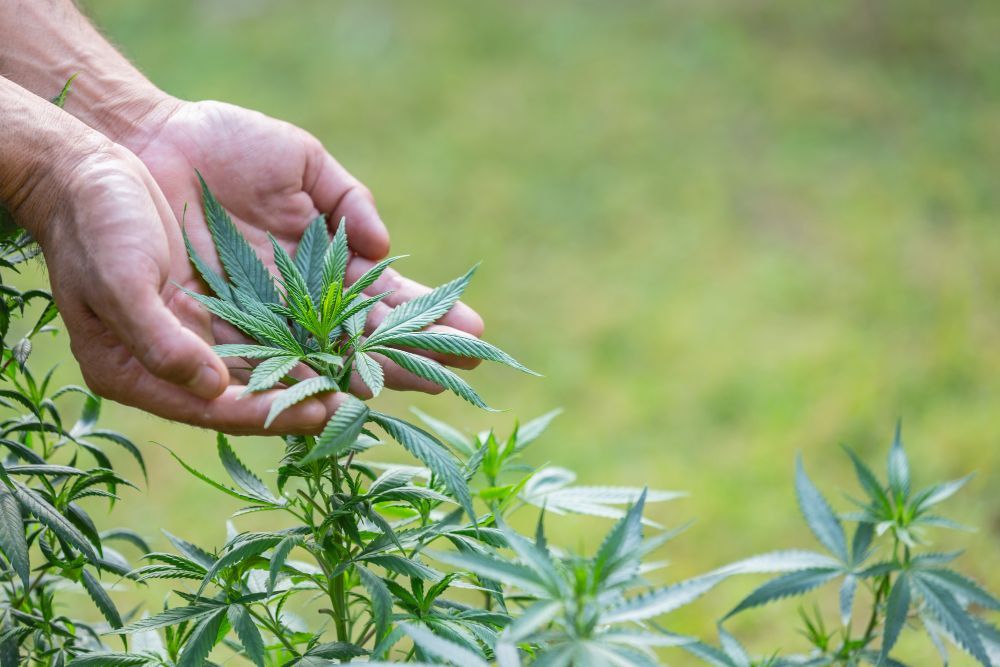Doobie Nights Cannabis Dispensary Santa Rosa, CA
Trusted Cannabis Shop & Dispensary Near You in Sonoma County – Get Recreational & Medical Marijuana.
SHOP DOOBIE NIGHTS CANNABIS PRODUCTS BY CATEGORY
SHOP ALL
FLOWER
DOOBIES
VAPES
EDIBLES
EXTRACTS
TINCTURES
ACCESSORIES
SHOP DEALS
View All✨ RECOMMENDED PRODUCTS
Trending products we we think you'll love based on purchase history.
FIRE FLOWER
View AllPOTENT VAPES
View All
JOIN OUR EMAIL LIST
Earn rewards, shop deals & get updates by email.
newsletter
Success!
Please try again later.
POPULAR PREROLLS
View AllSHOP STAFF PICKS
View AllWelcome to Doobie Nights – Santa Rosa’s Top Weed Store & Dispensary Near You
At Doobie Nights Cannabis Dispensary in Santa Rosa, we offer the best selection of premium cannabis products, including Flower, Pre Rolls, Vapes, Edibles, Concentrates as well as wellness products like Topicals, Capsules/Tablets, and Tinctures. Locally owned and not a chain, our knowledgeable team is dedicated to helping you find the perfect weed products from vape pens to weed gummies to relax and enhance your life. We proudly feature Sonoma County-grown cannabis and local brands, along with popular national favorites. Read our hundreds of 5-star reviews to discover why our customers love us. Visit our cannabis shop today on Santa Rosa Ave for an exceptional experience!
At Doobie Nights, we understand the importance of both quality and variety. That’s why we specialize in locally grown cannabis from Sonoma County, supporting regional farmers and producers. We also carry a curated selection of popular brands and products from well-known growers, ensuring our customers always have access to the best of both worlds—local and national favorites. Whether you’re looking for a cannabis store near you in Santa Rosa or shopping while visiting wine country, we’re here to help.
Our knowledgeable and friendly budtenders are here to help you find exactly what you need, whether you’re a canna-curious beginner or a seasoned enthusiast. With our commitment to customer education and service, we’ve earned hundreds of 5-star reviews from satisfied clients who rave about the welcoming atmosphere and expert advice we offer (add yours here). When you visit our dispensary, you’re not just a customer—you’re part of the Doobie Nights family.
Doobie Nights Cannabis Dispensary and Weed Store is conveniently located at 3011 Santa Rosa Ave Ste A Santa Rosa, CA 95407.
We are open daily – see our hours or a map to find us. If you’re visiting the area, please see our recommendations for what to do in & around Sonoma County! See you soon, Doobie Fam.










